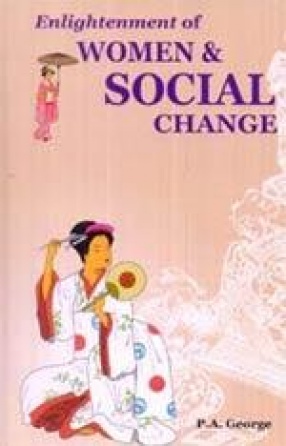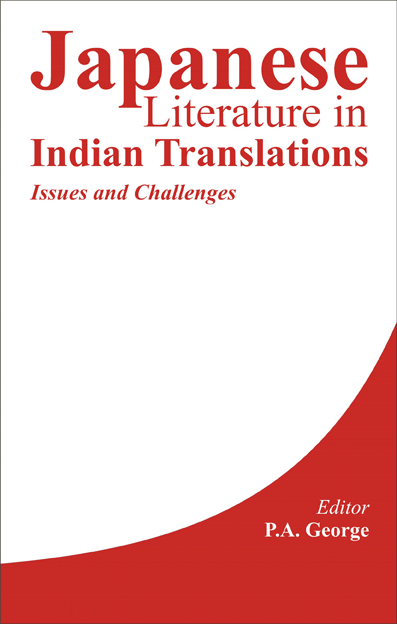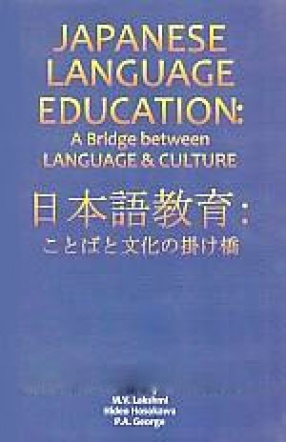Enlightenment of Women and Social Change provides a clear picture of socio-political and cultural reforms took place in Japan after the Meiji Restoration in 1868 and the subsequent emergence of enlightened women. Especially, abolition of class system, introduction of universal education, dissemination of Western political and literary thought and concept of individual freedom and equality, inculcated the spirit of self assertion and individuality in the minds of young Japanese. Meiji period had witnessed tremendous improvement in the social status of Japanese women also. For centuries, women were subject to social discrimination and oppression by the male chauvinistic society. However in the Meiji period, women revolted against this oppression and discrimination. Many educated women of the period challenged the male chauvinistic social structure and family set up by refusing to take up their traditional roles. They attacked the very foundation of the institution of marriage and family set up by upholding the slogan “we shall not marryâ€. These changes in the society were also reflected in the literary writings of the period. Shimazaki Toson meticulously depicted the changing attitude of women in his earlier works. A sincere attempt has been made in this work to analyze two of his novellas, visvis the actual historical happening of the period. This volume provides a vivid picture of various reforms took place in the Meiji period, the emergence of new women and the social changes it brought forth and their characterization in fictional works. This book would be an ideal reference work for the students, scholar, researchers and teachers of Japanese literature and cultural history.
Japanese Literature in Indian Translations: Issues and Challenges
This book, Japanese ...
$60.30
$67.00







There are no reviews yet.